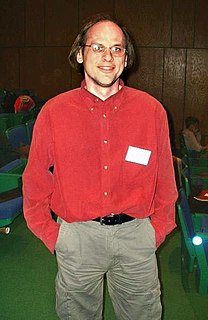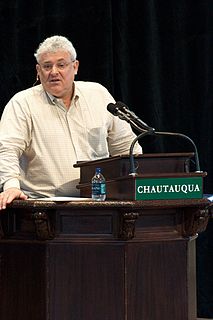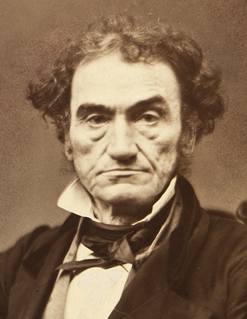A Quote by Peter Thiel
If you think about basic science or coming up with new theories of mathematics, these are not the kinds of things which are necessarily a well-defined market to pay people.
Related Quotes
Mathematics can have its problems, but it's actually hasn't seen a lot of the problems as some of the other sciences and so much of it in what people are doing is completely useless. Nobody kind of in really cares very much. You don't really have kind of right and left and people in ideology coming in because there isn't any. It just doesn't actually connect up to the kinds of things that people ideologically worry about. So most of mathematics just doesn't tell you anything one way or another about global warming or about healthcare or about any number of things that you might care about.
The subject for which I am asking your attention deals with the foundations of mathematics. To understand the development of the opposing theories existing in this field one must first gain a clear understnding of the concept "science"; for it is as a part of science that mathematics originally took its place in human thought.
People ask, 'Is the science going to run ahead of the ethics?' I don't think that's always the problem. I think it's that the science runs ahead of the politics. Bioethics can alert people to something coming down the road, but it doesn't mean policy and politicians are going to pay attention. They tend to respond when there's an immediate crisis. The job of the ethicist, in some ways, is to warn or be prophetic. You can yell loudly, but you can't necessarily get everybody to leave the cinema, so to speak.
Mathematics has two faces: it is the rigorous science of Euclid, but it is also something else. Mathematics presented in the Euclidean way appears as a systematic, deductive science; but mathematics in the making appears as an experimental, inductive science. Both aspects are as old as the science of mathematics itself.
There are certain kinds of people who write science fiction. I think a lot of us married late. A lot of us are mama's boys. I lived at home until I was 27. But most of the writers I know in any field, especially science fiction, grew up late. They're so interested in doing what they do and in their science, they don't think about other things.
But I think what we're coming to grips with is the fact that we actually have a mercenary Army, and it doesn't have a nice ring to it. We call it 'volunteers', but we're basically paying people to serve their country. And if you're going to pay people and have a mercenary Army, you're going to have to pay the market rate. And so the bounties are going up—more money for tuition, higher enlistment bonuses—and I think it's appropriate.
The market literature, which was particularly strong in Igboland, in Onitsha, today it is no longer strong. It is one of the victims of the civil war, that market was actually destroyed and at the end of the war a new Nigeria has struggled to come into being and I believe that what is probably going to replace the market literature might be the video, which they have taken to in a big way, creating dramas. So that may be the next thing way we will see coming out of the local basic level in our society.
Even mistaken hypotheses and theories are of use in leading to discoveries. This remark is true in all the sciences. The alchemists founded chemistry by pursuing chimerical problems and theories which are false. In physical science, which is more advanced than biology, we might still cite men of science who make great discoveries by relying on false theories.
As more girls get basic schooling, larger numbers will move up the educational ladder - some to pursue science, technology, engineering, and mathematics. That's important because workplaces around the world, especially in many developing and emerging-market countries, are becoming more automated, favouring workers with technical skills.



































